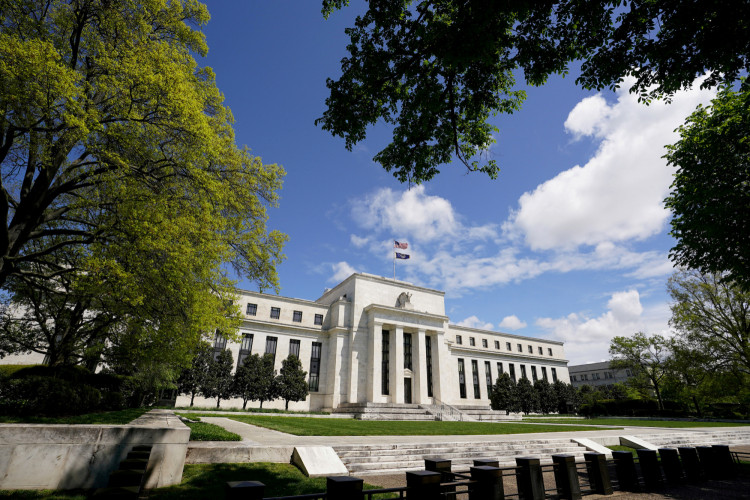According to Federal Reserve chair Jerome Powell on Wednesday (Nov 30), the U.S. central bank may slow the pace of interest rate increases "as soon as" December as its effort to lower prices spreads throughout the largest economy in the world.
The Fed has fought valiantly to contain inflation, which has reached levels not seen since the 1980s, as American people struggle with skyrocketing consumer expenditures, while also attempting to prevent the country from entering a recession. In a speech at the Brookings Institution think tank, Powell stated that "the time for moderating the pace of rate increases may come as soon as the December meeting" of Fed policymakers.
While warning that the bank's policy will probably need to stay strict "for some time" in order to restore price stability, he acknowledged that the full consequences of its actions have not yet been fully felt. According to him, monetary policy has "uncertain lags" in its effects on the economy and inflation.
US markets rallied after Powell's comments, with the tech-heavy Nasdaq Composite Index rising by more than three percent. Out of six rate increases this year, the central bank has recently increased the benchmark lending rate by 0.75 percentage points four times in a row in an aggressive bid to control prices. The benchmark lending rate reached its highest level since January 2008 after the most recent hike in November, which raised it to 3.75-4.0%.
While there are now some early indications that prices are decreasing, annual consumer inflation remained at 7.7% in October, highlighting the high living expense.
According to Powell, the inflation rate is still "far too high" and has to be raised to a "sufficiently restrictive" level. He claimed that despite tighter policies and slower GDP during the previous year, there has been no "clear progress" in reducing inflation.
By raising the cost of borrowing, policymakers hope to rein in expenditure and better balance the supply and demand, which have been adversely affected by global logistical issues and Russia's conflict in Ukraine.
Although there are concerns about a downturn, Powell stated that he still continues to "believe that there's a path to a soft or softish landing," indicating a scenario in which unemployment increases but the nation avoids a severe recession.
There has been an increasing chorus of voices in recent days, including some Fed officials, calling for smaller measures in the upcoming months. In a different speech on Wednesday, Fed Governor Lisa Cook stated that as the Fed works to get inflation back to its longer-term target of 2%, "it would be prudent to move in smaller steps" going forward.






